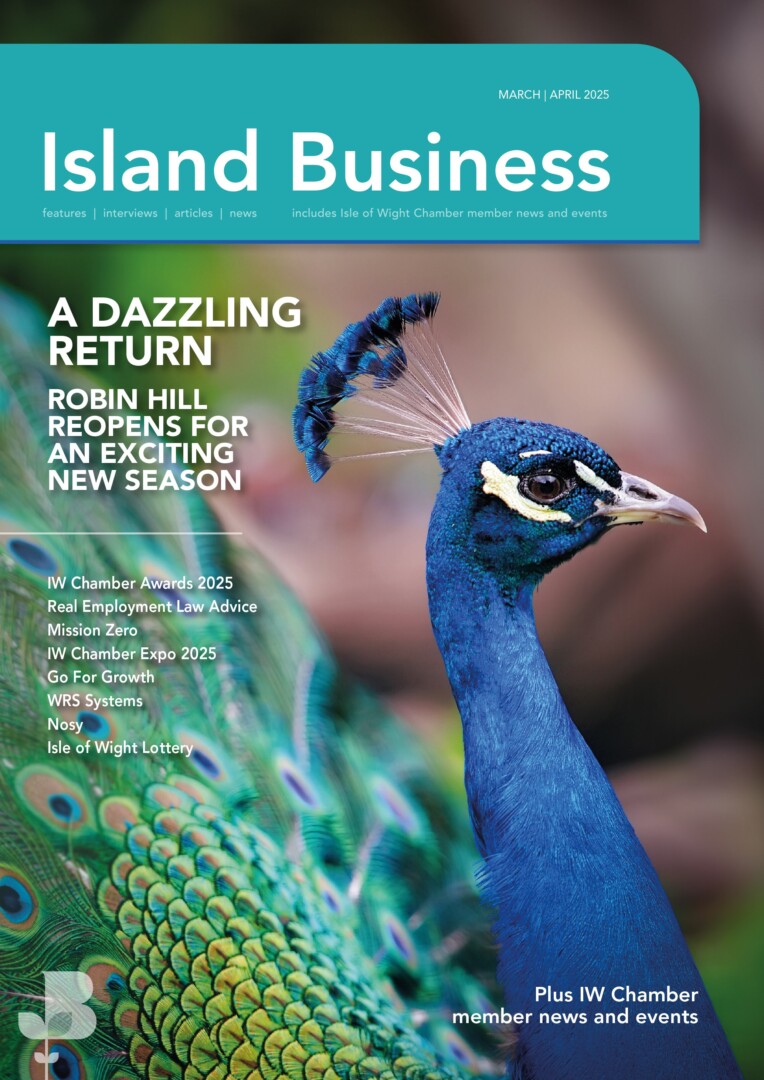The majority of the Island’s business community would prefer to stay in the EU, according to an on-line poll run by the Isle of Wight Chamber of Commerce. Businesses were invited to cast a vote on whether to stay in the EU, stay in a reformed EU, or leave the EU.
56% of those voting wanted to remain in the EU, and almost half of those (26% of the total vote) wanted to stay in a reformed EU. The remaining 44% of votes cast were in favour of leaving the EU. The poll was circulated to members of the Isle of Wight Chamber and received 133 responses, including 54 comments.
Responses in favour of staying within the EU included:
“Island tourism needs visitors from Europe. Even a 5-10% drop in EU visitors after BREXIT would negatively impact businesses and jobs. The European Union is in dire need of reform but leaving the EU would be a retrograde step which would have unintended consequences for UK business. It is unlikely any benefits derived from BREXIT would mitigate these consequences.”
“We would be the laughing stock of Europe – if not the world – if we were to pull up the drawbridge and do the ‘little Englander’ thing. We must embrace the world out there, not shut it out!”
“Isolation is bad for business. Inclusion means more customers, better relationships (not them and us) and a freer market. With freedom comes responsibility but that’s how good businesses prosper and survive, being responsible to themselves and their own actions. Taking the UK out of such a large market is like setting up your stall at the exit of the car park – you have to wave frantically to get people’s attention but they have already purchased and are only interested in moving on…”
“We need to be part of a strong trading block. Standing alone we are too small to meet the challenges of the future which include the economic challenges, given the growing strength of the Asian countries including China and India, the strength of the USA and the challenge to our way of life with a growing retired population affecting our future economic output vs countries like India with a growing well educated young workforce.”
Responses in favour of leaving the EU included:
“We have virtually no say in the running of the EU. It costs us an absolute fortune to be a member and the trade return is not as good as we once thought it would be.”
“Too much red tape coming from the EU, adding to business costs. Our Government seems to have no control or influence on EU policy.”
“It is better to be out and just have a trade agreement.”
It’s better to be poorer and in control of your own destiny than attached to this undemocratic puppet of Germany.”
Meanwhile nearly two-thirds (63%) of the senior businesspeople polled in a major new national British Chambers of Commerce survey have revealed that the outcome of the Prime Minister’s renegotiation is unlikely to change how they will vote – despite large majorities saying they are familiar with the objectives of the renegotiation package.
Views vary between categories of business with those exporting only to the EU expressing the strongest support for “remain” while those exporting only outside the EU expressing the strongest support for “leave”.
On the eve of crunch Brussels talks expected to result in a deal, the findings from the leading business group demonstrate that the renegotiation process is having little effect on business opinion.
The BCC’s previous survey on Europe, which took place in September 2015 before the renegotiation process began, found that half (50%) of those surveyed would reconsider their voting intentions based on the package of reforms secured by the Prime Minister. The latest survey of over 2,000 senior business leaders was conducted in January 2016 with renegotiation in full swing (before the Tusk draft deal was published) — and saw this percentage decrease to 34%. The BCC’s detailed findings suggest that it is now the referendum itself that is important to businesspeople, rather than any package of reforms secured.
When it comes to how individual businesspeople will vote in a forthcoming referendum, 60% would vote to remain, down slightly from 63% in September, and 30% would vote to leave – up slightly from 27%.



